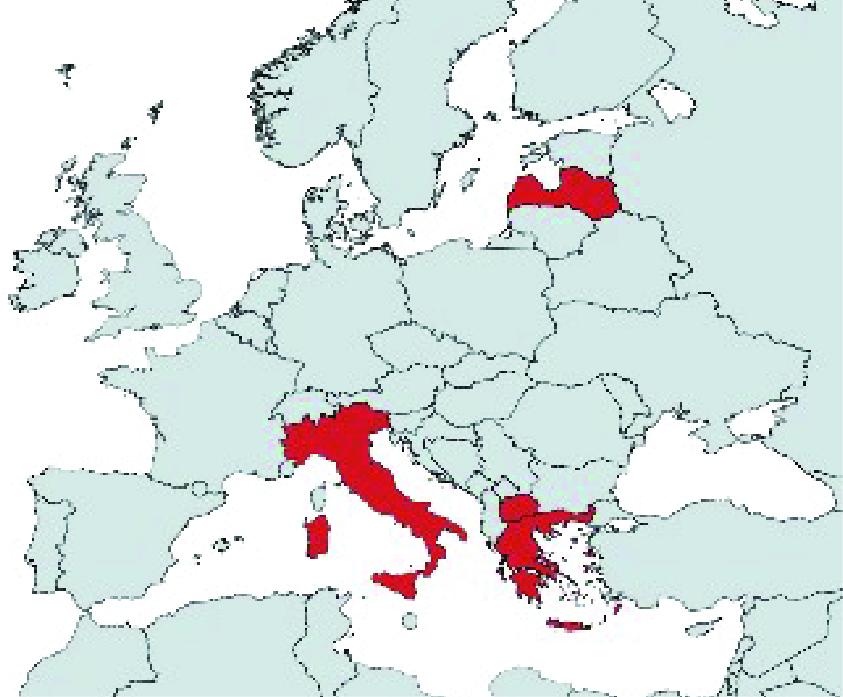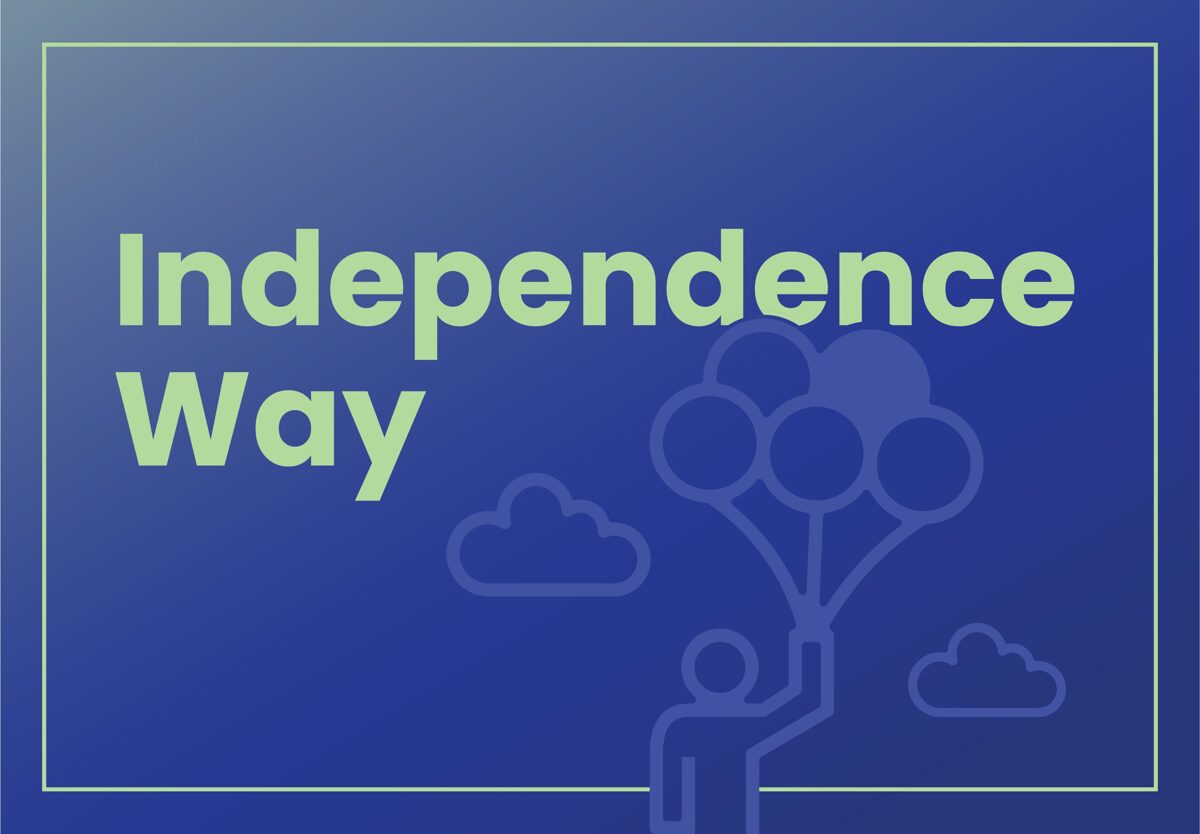Background
Often
youngsters with disabilities have to deal with a gradual isolation and loss of
relationships after the end of the school period. After high school they have
more difficulties to go to university or to find a job according to EU data.
Because of this problem they lose many opportunities to socialize with people
outside their family or supporting organizations so they may partially lose
autonomy, social skills and, above all, a network of relations and people
during a critical period of their lives. - dealing with the difficult situation
that happens when a person with disabilities loses parents. Usually in this
situation people with disabilities are hosted in specific residential centres
with many others and are supported by operators who take care of them, though
it may not be the best for people with disabilities who may have the
possibility and the desire to live by themselves with the right instruments.
However people with disabilities who have this possibility are few according to
EU data. Recently also laws started promoting the well-being, social inclusion
and autonomy of people with disabilities to avoid the use of health care.
Although there are still many difficulties in promoting and implementing these
solutions of independent living for people with disabilities. They should start
learning useful information and skills when they are young, reaching the
highest level of independence they can even if their parents still live with
them. These usually are not provided by school therefore both youngsters with
and without disabilities have to grow these skills through informal or non
formal education activities outside ordinary school activities. Identified
needs for target groups: YOUTH WORKERS -Structured activities to help
youngsters with and without disabilities achieving autonomy -Structured
activities to help youngsters with disabilities socialising with peers
CAREGIVERS - Recommendations about possible technic or technologic solutions at
home to simplify everyday tasks -Parents’ reassurance that their daughter/son
with disabilities will live in good conditions also when they won’t be with
her/him YOUNGSTERS -Desire of future or actual independent living -Occasions of
involvement in social life -Network of solid and positive relationships with
peers
Objectives
The
final goal of our project is
contributing to the solution of the problems previously described, helping
youngsters between 18 and 25 years old achieve autonomy through NFE.
We want to provide youth workers with specific tools and inclusive NFE
activities designed and implemented to empower youngsters with and without
disabilities all together in order to reach autonomy learning useful social and
independent living skills. Through these NFE activities the youngsters will
fulfil their need of socialisation with peers (as it is usual in youth centres)
and at the same time they will have the possibility to work on autonomous life
skills, to think about everyday life difficulties and possible solutions.
Specific objectives:
- identify the specific needs of people with disabilities in a situation of independent living (Individual Educational Plan);
- design innovative NFE activities in order to empower people with disabilities, learning skills useful for houseworks and everyday tasks.;
- design activities to create a social supporting network of friends around people with disabilities (apart from supporting organisation) even after school in order to avoid social isolation;
- find smart technologic solutions to support the management of the house (smart house, domotic).
Results
- Curricula for independent living: specific instrument useful for youth workers’ activities;
- Smart model for the venue of the place of living: combines educational skills with domotic solutions;
- Increased levels of exchange of practices and improved international cooperation between the partners and third parties;
- Information collected to support the successful implementation NFE activities about autonomous living involving youngsters with and without disabilities in the partners’ countries;
- Guidelines developed and provided for implementation of NFE activities and ease the involvement of youngsters with disabilities;
- Social inclusion of young people with disabilities even after the end of the school period is encouraged, shows improvement, and is contributing to the development of the target group on their social and personal level;
- The youth workers/educators build and strengthen their capacities for including youngsters with and without disabilities together in NFE activities;
- More serene and less tiring context of living in families of youngsters with disabilities
Partner organisations:
- Fondazione Don Giovanni Zanandrea Onlus (Italy)
- Centar Za Mladinski Aktivizam Cma KRIK (North Macedonia)
- Changing myself…I change the world! (Greece)
- Gruppo Ingegneria Gestionale s.r.l (Italy)
- Latvijas Autisma apvienība (Latvia)


